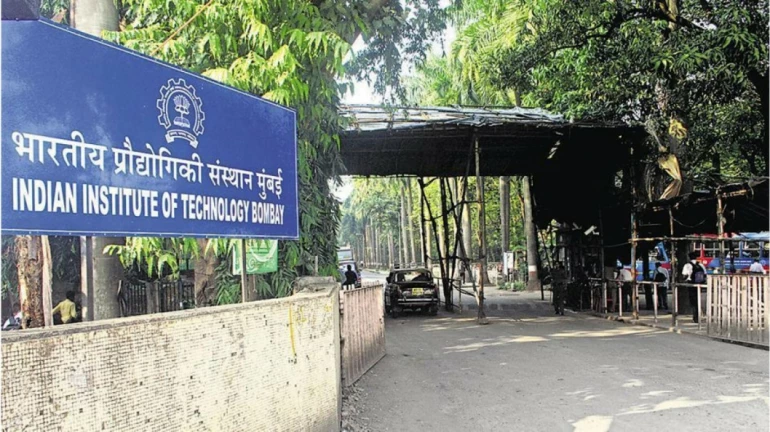
In the wake of heightened tensions between India and Turkey, a comprehensive suspension of academic partnerships was announced by the Indian Institute of Technology Bombay. It has been decided that collaboration agreements with Turkish universities will be placed on hold, effective immediately, until geopolitical conditions improve. This suspension encompasses all existing student and faculty exchange programmes, which are being deferred pending further developments. A similar measure has been mirrored by sister institute IIT Roorkee, where collaboration agreements with Turkish counterparts have also been paused.
At the same time, a significant financial blow was dealt to Çelebi Hava Servisi AS when security clearances for its Indian subsidiaries were abruptly revoked on grounds of national security. This action resulted in an almost $200 million erosion of shareholder value and a one-third reduction in global revenue, marking one of the most dramatic downturns recorded in the aviation services sector this year. Over two trading sessions on the Istanbul Stock Exchange ending May 16, Çelebi shares were driven down by 20%, dropping 222 points to 2,002 lira. As a consequence, the market capitalization was reduced to ₹10,700 crore (approximately 4.8 billion TRY), positioning it roughly 30% below the company’s 52-week high.
The revoked approvals affected the entire operations of Çelebi Airport Services India, which had been among the group’s most profitable units. In the fiscal year 2023–24, the Indian arm was credited with generating ₹1,522 crore in revenue and ₹393 crore in EBITDA. Its flagship divisions—Çelebi Delhi Cargo and Çelebi NAS—were responsible for a combined profit after tax of ₹188 crore. With India accounting for over $195 million of Çelebi’s $585 million total global revenue, the removal of approvals has been characterized as a devastating setback for the Turkish firm’s international ambitions.
This sweeping suspension of both academic and aviation ties with Turkey has been framed as a necessary response to the geopolitical environment. Operation Sindoor, launched by India, has been cited by policymakers as the catalyst for growing public and institutional calls for a boycott of Turkey. Turkey’s perceived support for Pakistan has further intensified public sentiment, prompting academic institutions such as IIT Bombay and IIT Roorkee to distance themselves.
Observers have noted that while academic collaborations are often considered apolitical bridges between nations, the current climate has rendered such partnerships untenable. Similarly, the sudden revocation of security clearances for an established aviation service provider underscores the depth of strategic mistrust that has taken hold. The financial fallout from these decisions is being felt not only by Çelebi’s shareholders but also by its global clientele, which had benefitted from the company’s extensive service network in India.





